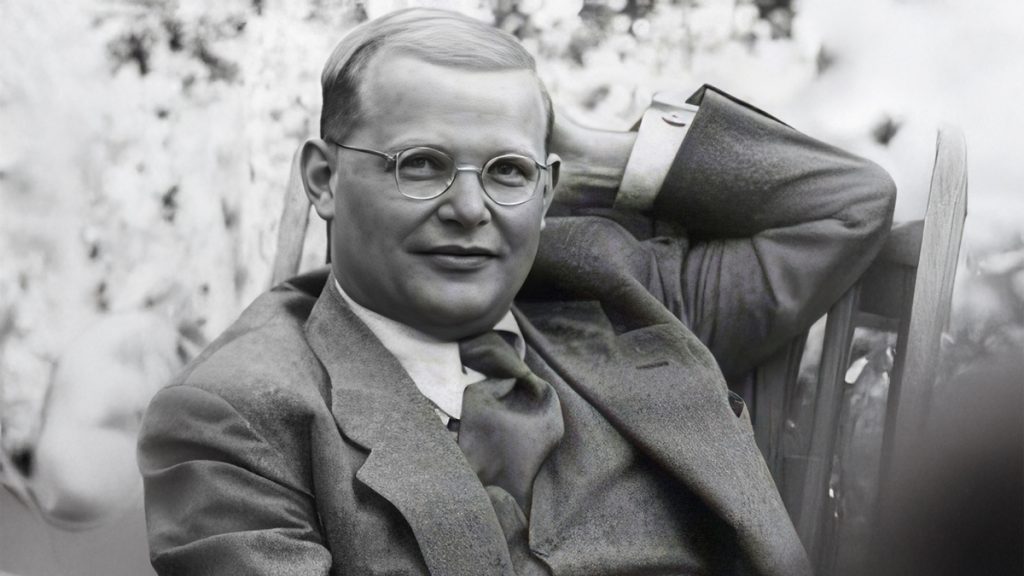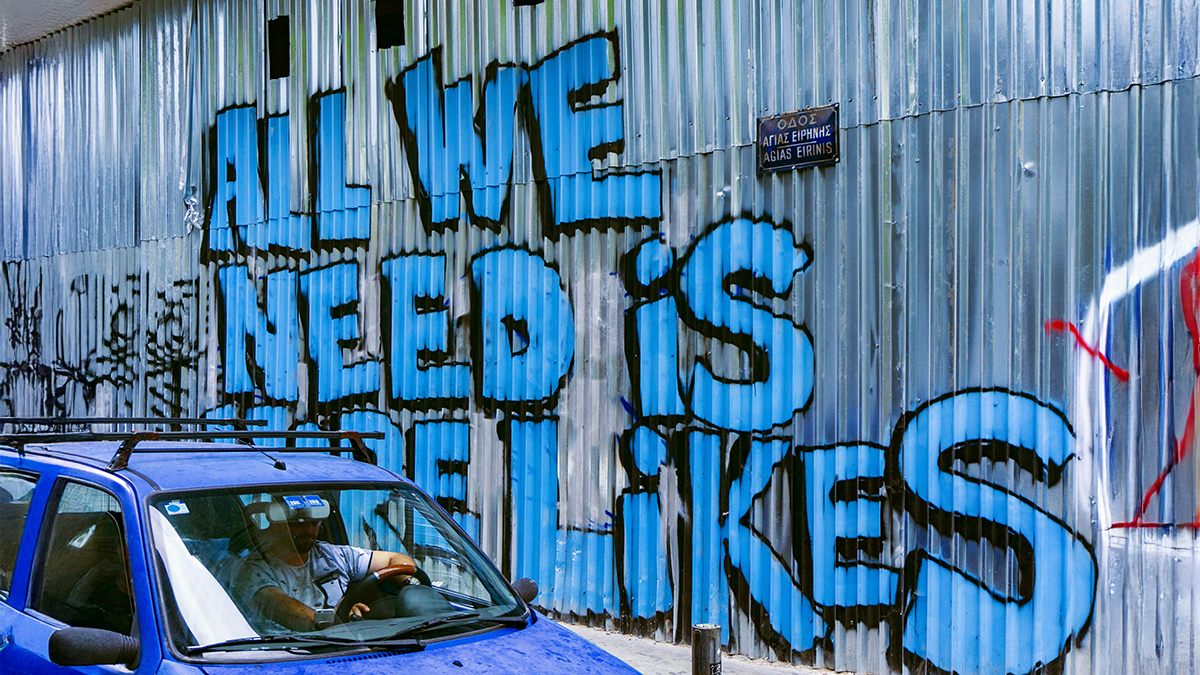Most of us don’t take stupidity very seriously. We laugh at it, tease it, and treat it as an unfortunate quirk of human nature.
We’ve all had moments like this — the friend who didn’t know reindeer were real, the cousin who asks what Hitler’s last name was. It’s funny because it’s harmless.
But what if stupidity isn’t just silly — what if it’s dangerous?

Bonhoeffer’s warning
That’s what German theologian and anti-Nazi dissident Dietrich Bonhoeffer argued. And as we mark 80 years since his execution in 1945 for resisting Hitler’s regime, his writing feels more urgent than ever.
Bonhoeffer believed stupidity was not just an intellectual failing, but a moral and social threat. He thought stupidity could be more dangerous than evil.
Let that sink in.
Ordinary people, great danger
Bonhoeffer observed something chilling during the rise of Nazism: many ordinary people — not villains, not monsters — supported or enabled horrific crimes. Not because they were evil, but because they were unthinking.
They followed orders. They surrendered their capacity to reason. And that made them incredibly dangerous.
Beyond evil
“Stupidity,” Bonhoeffer wrote, “is a more dangerous enemy of the good than malice.”
Evil, he argued, wears a mask we can recognise. We know when something is wrong — we see injustice, we hear lies, and we can name oppression. That means evil can be fought.
But stupidity is slippery. It doesn’t respond to logic or reason.
Try debating a truly stubborn fool and you’ll see: facts bounce off, questions are ignored, and frustration mounts. As Bonhoeffer put it, the stupid person becomes “irritated and dangerous” when confronted with contradiction.
So, what causes stupidity? It’s not just a lack of intelligence.
The influence of power
For Bonhoeffer, stupidity was deeply social. It thrives not in solitude, but in crowds, especially where power is involved.
The more someone conforms to a group, to a party, to an ideology, the more they risk abandoning their individual judgment. Power doesn’t just corrupt, it can stupefy.
“Every strong upsurge of power in the public sphere… infects a large part of humankind with stupidity,” Bonhoeffer wrote.

The perfect accomplice
Stupidity, in this view, is a kind of moral laziness. It’s the refusal to think. It’s choosing slogans over questions, and comfort over complexity.
And that’s precisely what makes it such a valuable tool for evil. Tyrants don’t need clever accomplices — they need compliant ones.
A stupid person, Bonhoeffer warned, can become the perfect puppet.
A timely diagnosis
This theory of stupidity isn’t just a historical curiosity. In an age of disinformation, political polarisation, and digital echo chambers, Bonhoeffer’s warning rings loud.
When thinking becomes a partisan act, when truth is optional and outrage is currency, stupidity isn’t just annoying — it’s lethal.
Choosing thoughtfulness
So, what do we do?
Bonhoeffer didn’t believe in shaming stupidity. He believed in reclaiming thoughtfulness — in courageously standing apart, thinking critically, and staying morally awake.
“The essence of freedom,” he wrote, “is to think for oneself.”
Eighty years on, Bonhoeffer’s challenge still stands: Don’t just fight evil. Refuse to be stupid.

- Dr Joe Grayland is an assistant lecturer in the Department of Liturgy at the University of Wuerzburg (Germany). He has also been a priest of the Catholic Diocese of Palmerston North (New Zealand) for more than 30 years.
- Flashes of Insight is an international publication. The editorial policy is that spelling reflects the country of origin.

